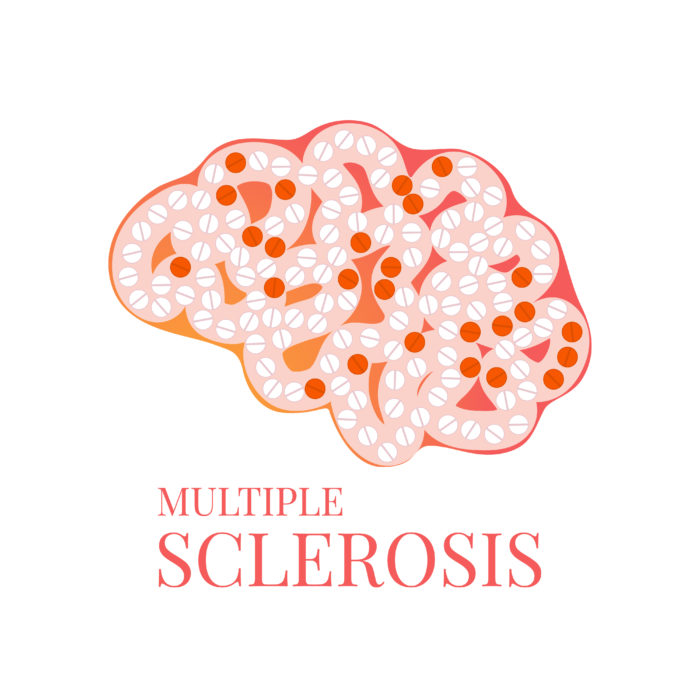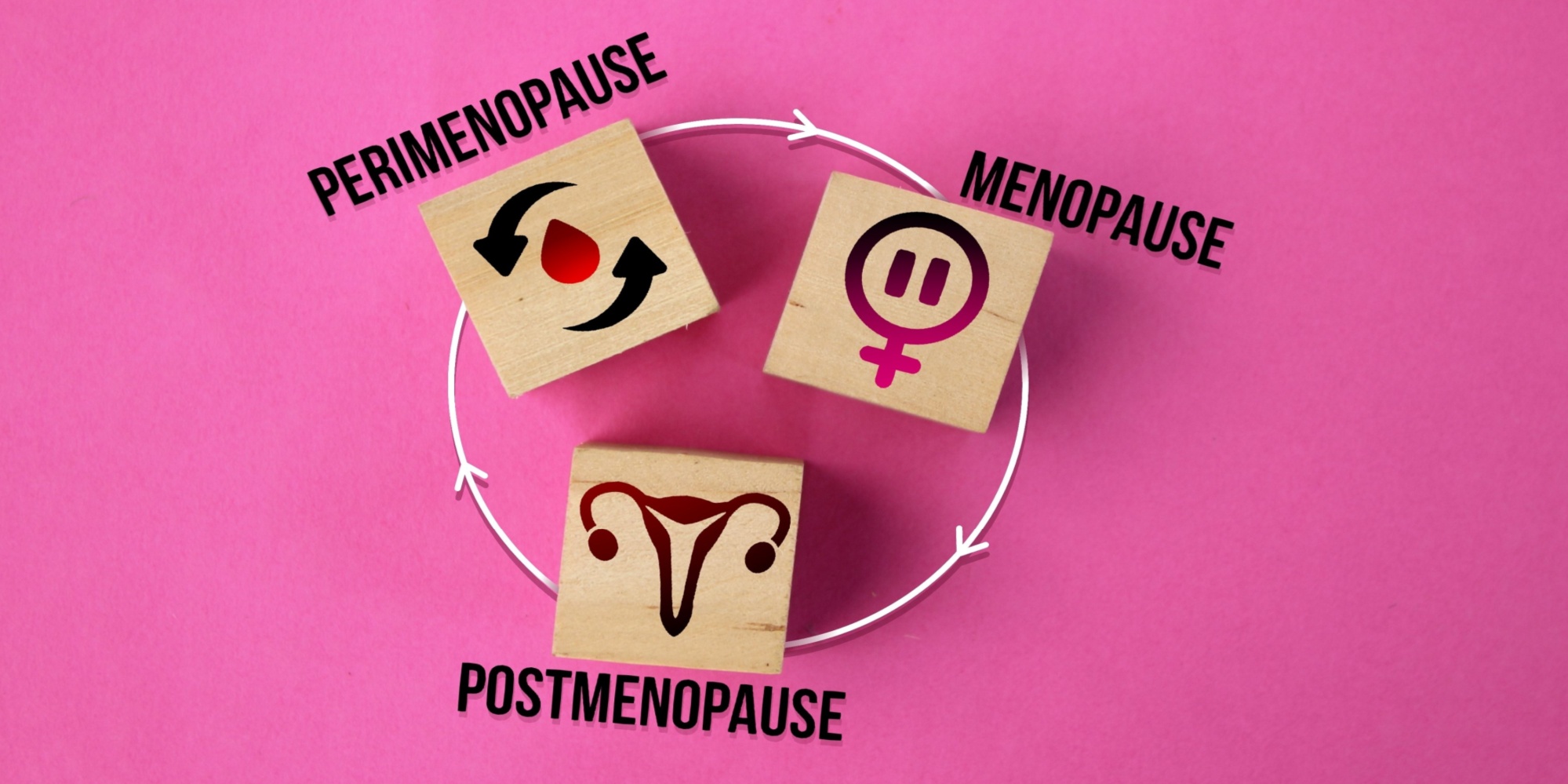
Metformin – could it be the answer for MS sufferers?
October 14th, 2021Recent news headlines have bought hope to Multiple Sclerosis sufferers all over the world.
‘Diabetes drug could halt the progression of MS’ study suggests’
We’ve looked into the latest findings for MS to see what the experts have to say, because, if the specialists have found a process to reverse nerve damage it will be groundbreaking!
With over 100,000 MS sufferers in the UK, 3 times as many women than men, and, 14 people being diagnosed every day – the latest news will be music to their ears.
Professor Robin Franklin and his team at the Wellcome-MRC Cambridge Stem Cell Institute recently published research suggesting the drug metformin could be the answer to slowing down or stopping progression in MS.
Metformin is a type 2 diabetes drug, it lowers blood sugar levels by improving the way our bodies react to insulin.
It’s significant, spectacular and critical…
Of the findings, Professor Franklin said, “One of the most significant advances in myelin repair therapies there has ever been.” He added, “It’s utterly unambiguous and very spectacular.”
Nick Moberly, chief executive at the MS Society said:
“Research has got us to a critical point, and we can see a future where nobody needs to worry about Multiple Sclerosis getting worse. Not living in fear you’ll be reliant on a wheelchair or one day lose your independence entirely.”
Metformin could be the answer for MS sufferers…
To stop MS there needs to be a treatment to repair myelin, the fatty sheath that protects the nerves in the brain.
MS is a condition that affects your brain and spinal cord when the fatty coating that protects your nerves (myelin) is damaged.
When a person has MS their immune system, which normally fights off infection mistakes myelin for a foreign body and attacks it. This damages the myeline and strips it off the nerve fibres either slightly or completely, leaving scars known as lesions or plaques.
MS causes a range of symptoms like blurred vision and problems with how you move and feel. There are four different types of MS – Relapsing and Remitting (RRMS), Secondary Progressive (SPMS), Primary Progressive (PPMS) and Progressive Relapsing (PRMS). RRMS make up around 85% of new cases.
Some types of MS are more severe than others and sadly, long-term the disease can become debilitating. It’s something that can be hard to live with for the sufferer, their friends and families.
Remyelination…
A recent study conducted by Professor Franklin and his team has investigated why cells lose their myelin regeneration abilities and how this can be reversed. Our brains are born with a natural ability to regenerate myelin using specialized myelin making cells – these are called Oligodendrocyte Precursor Cells (OPCs) and are a type of stem cell. As we age, and if we suffer with MS, myelin repairs slow down and stop.
The study, which was funded by the UK MS Society, involved procedures that were performed on rats in compliance with the UK home office regulations. The rats were kept in normal lab conditions in a 12hr light/day cycle with access to food and water. The rats were housed in pairs or groups of up to 4.
To replicate that of a human with damaged myelin on the nerves int the brain the rats underwent surgery, the scientists stripped some of the myelin around the nerves in the brains of the rats. After that, tests were then performed on the rats in two ways:
- Alternate day fasting (ADF) (6 months)
- Oral digestion of metformin (3 months)
In the case of the ADF treatment, there were positive results and with the metformin treatment, the rats made a near-complete recovery, both tests developing ‘youthful’ new cells, in turn, resulting in remyelination.
For decades scientists have tried to find a way to encourage regrowth of myelin and they’ve done it in rats – human trials started in 2020.
The research notes were published in the Cell Stem Cell magazine and you can find out more here: https://www.cell.com/cell-stem-cell/fulltext/S1934-5909(19)30350-9
About metformin, Professor Franklin said, “This is a drug that’s well-tolerated and widely available. There is every reason to believe that the effects that we have seen – which have been so spectacular – will translate into humans.”
Metformin is the fourth most prescribed medication in the US, not only as a diabetes treatment but as a second-line agent for infertility in those with polycystic ovary syndrome.
The product MetPro™ contains metformin and is taken to reduce cholesterol and blood sugar levels. More info: https://www.antiaging-systems.com/products/metformin-metpro/
Metformin has proven to be a ground-breaking drug that could change the lives of MS sufferers, MS is relentless, painful and disabling…
The prognosis looks good and by 2025 we could have a nerve repairing drug that will specifically halt the progression of MS in humans.
Research:
- https://www.cell.com/cell-stem-cell/fulltext/S1934-5909(19)30350-9
- https://www.mssociety.org.uk/research/latest-research/latest-research-news-and-blogs/diabetes-drug-metformin-promotes-myelin-repair-in-rats
- https://www.mssociety.org.uk
- https://www.dailymail.co.uk/health/article-7536823/Type-2-diabetes-drug-offer-hope-multiple-sclerosis-study-rats.html
- https://www.stemcells.cam.ac.uk/








